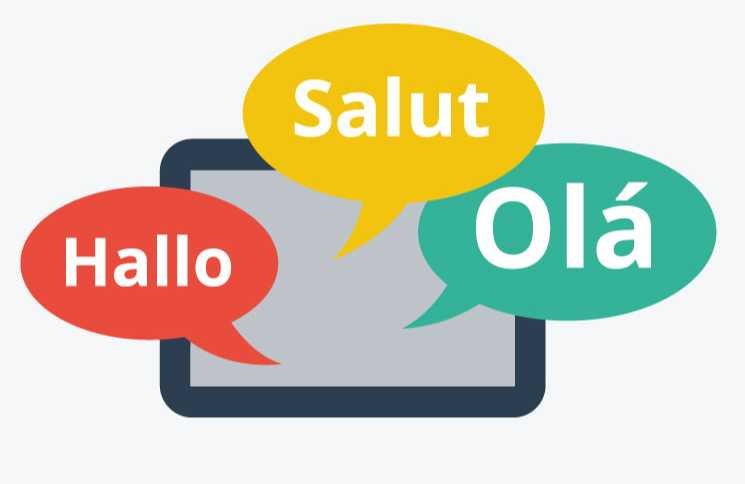Posted in- November 27, 2014

It is well known the capacity of Albanians to speak many foreign languages. To understand the origin of this ability we must turn back on time to the historical reasons how Albanians started to study foreign languages and why of this need or passion to speak another language other than their native. For Albanians speaking a foreign language dates many years ago.
On retrospective, the most spoken languages in Albania result to be Russian, English, Italian, German, French etc. First of all it must be said that the capacity of the Albanians in foreign languages is further confirmed by the translation ability the first Prime Minister of Albania Ismail Qemali, who has worked as a translator of foreign languages near the Ministry of Foreign Affairs of the Ottoman Empire.Then, following in the footsteps of history, we note that in the years after the war we have a new trend in learning foreign languages.
At the beginning, on the Albanian schools it was taught Russian. Albanian started to learn the Russian language during the communist regime; however, this phenomenon almost disappeared after the fall of the regime. Leaving the Russian on a second plan Albanians began to learn Italian and English. So Albanians began to approach more the economic interest whistle realizing the need of a radical change.
During the 80slearning a foreign language became a fundamental part of life as a way that would help to cross the borders. Although during communism foreign languages and all foreign elements were forbidden, Albanians found always the way to watch foreign TV channels, mostly at the Italian ones. The desire and the need to watch and learn what was going on outside of the border was strong. And so it begins the phenomena of “learning a language through TV”, it must be said that learning a foreign language only by watching the television of that language is a capacity that distinguishes only the Albanians. The phonetic elements and letters of the Albanian language that other languages don’t have are of much help in this process. This advantage made it easier for Albanians to learn foreign languages.
In the beginning of the 1990s the Albanians were free to watch different TV programs including foreign ones and especially those on Italian television. The desire to understand and to know what was going on beyond the border, and the curiosity to know more regarding the whole world, made the Albanians to learn the Italian language through television. Uncommon but true.
This rare capacity can be easily noticed when you see an Albanian who understands perfectly an Italian. If you ask him how long he studied Italian, the answer is: I have never studied Italian, but I learned it from television, and furthermore he has never been to Italy.
It is really strange how a person can learn and improve a foreign language only through television. Aside from the intuitive ability of the Albanians to learn languages, a great help is the phonological structure and the grammar of the Albanian language, the times. The alphabet of the language helps a person to assimilate and have no difficulty while pronouncing other languages.
Immigration has influenced very much in wanting to know what for the Albanians was considered to be different. The 1990s brought a radical change of life in Albania. People started to migrate in the nearest countries to the Albanian border such as Italy and Greece. Another reason is the presence of Albanian students in Italy. Albanians represent the greater number of foreign students in the Italian universities.
Among the daily difficulties and opportunities to train professionally, Albanians have always had theability to successfully study in all the countries that they migrated.
Another helpful element is the policy applied by the two countries which give the chance to young people to study in Italy and Italians studding in Albanian universities. CELI, a test given by all Albanian students who want to study in Italy, if successfully passed, it is considered as a trampoline to another world, new, different but not easy. However, the capacity of Albanians to study languages is not only focused on Italian but as well as: Greek, English, Spanish, German etc.
We see that the rare ability of Albanians in learning foreign languages is not accidental, certainly is influenced by several factors, however it remains a gift.
